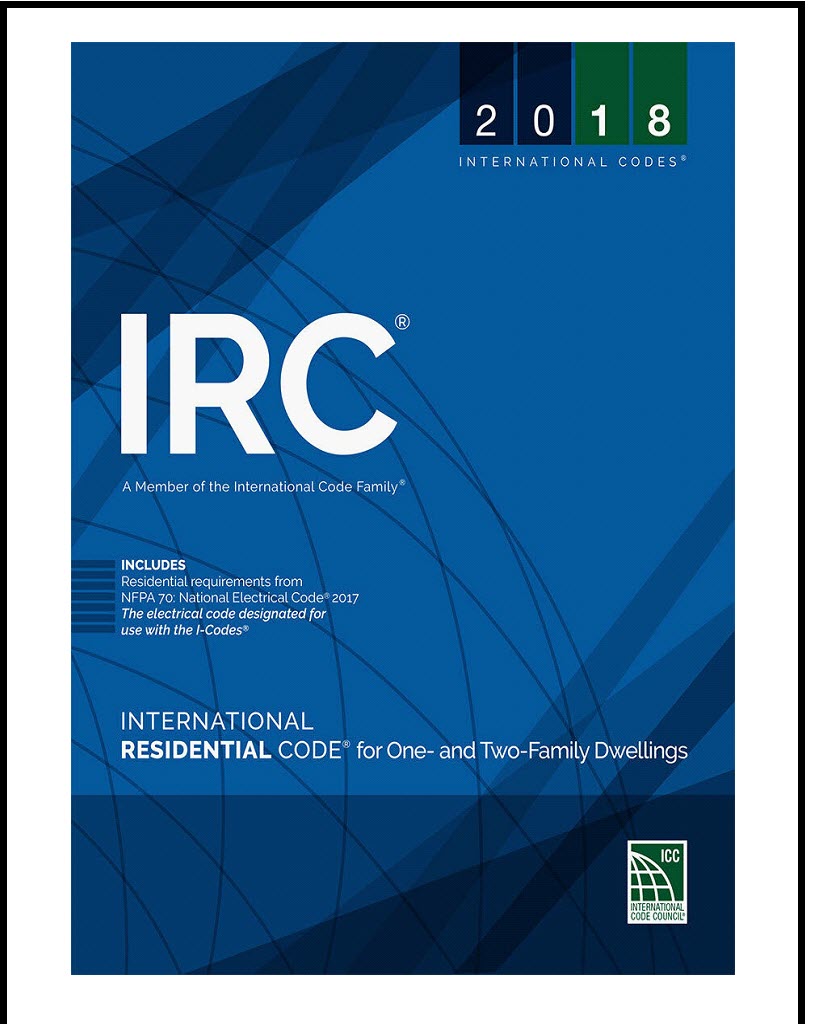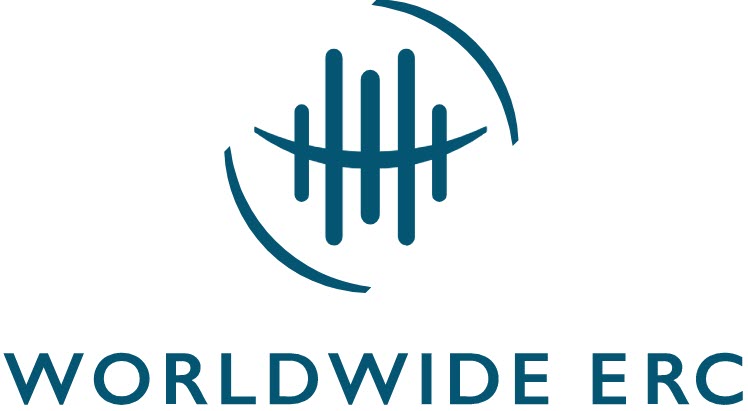Building Codes & Home Inspections
9/3/2020Background

Residential construction is governed by a set of building codes developed with one general goal; to ensure the safety of the building’s occupants. For the purpose of residential home construction, the primary source of these codes is the International Residential Code for One- and Two-Family Dwellings. This source code provides the minimum requirements for all building components; structural, plumbing, mechanical, fuel (gas, propane, oil), energy, and electrical installations. Every state, county, and municipality can adopt relevant sections of the code in accordance with local conditions and climates, i.e. seismic provisions for earthquake zones, roof structure requirements for high wind or heavy snow load regions, flood zones, and so on.

Home inspectors make assessments about a home’s systems based on accepted industry standards, safe practices, and the condition of the system and its components as they are found on the day of the inspection. Many of the opinions rendered by the inspector are based on matters also regulated by the building codes. But we must keep in mind an important distinction; the inspector is not authorized to interpret whether a condition meets code requirements and has no authorization to reference or enforce specific codes. The only individual authorized to make specific determinations regarding code are the code authorities in the relevant jurisdiction.
WERC Inspection Guidelines designate defects based on three categories; structure, unsafe & hazardous conditions, and inoperative systems & appliances. WERC also specifically states the following;

The following areas are outside the scope of this assessment: (i) cosmetic deficiencies; (ii) deferred maintenance items; (iii) the condition of on-site waste and water systems; (iv) the condition of underground fuel storage tanks; (v) the quality of the water supply; (vi) geological hazards such as floods, erosion, earthquakes, landslides, mudslides and volcanoes; and (vii) governmental or lender requirements. Furthermore, this Property Assessment is not a representation of compliance or noncompliance with federal, state, or local government regulations and codes (e.g., building codes, zoning ordinances, energy efficiency ratings, addition or remodeling permits, etc.).
Conflicts
Residential building codes are primarily intended to ensure that buildings incorporate minimum safety standards to protect occupants. It is important to understand that, although there are thousands of written codes, each state, county and municipal jurisdiction can choose which codes to adopt and enforce. This makes it difficult, if not impossible, to expect home inspectors to interpret whether specific codes apply to particular homes. As such, home inspectors are discouraged from commenting on code and are instead expected to determine solely if a condition poses a safety concern, regardless of local regulations. Interested parties are encouraged to obtain documentation from the governing jurisdiction (city/county/state) regarding applicable codes.
The primary responsibility of a general home inspector is to provide a visual assessment of the home’s structure and systems as they are operating on the day of the inspection. Introducing building codes into general home inspections creates the potential for disclosure conflicts. Consider the following scenarios:
1. The home is older than the most recently adopted code. Should the home inspector provide a list of possible code violations for all areas and systems of the home? This level of research would take an inordinate amount of time, would significantly impact the cost of the inspection, and would force disclosure of all actual and perceived violations.
2. The inspector finds numerous safety concerns in a 50+ year old home. Would the inspector be expected to report that although a condition is clearly unsafe to the occupants, it was not covered by codes at the time of construction? What would be the logical purpose of that?
3. The home inspector has identified certain possible code violations but not others. Does this make the inspector liable for code related issues overlooked or not mentioned? For home inspectors to accurately reference code in every inspection, they would need to understand all relevant codes and the updated versions for every municipality serviced in addition to interpreting each version based on the age of the home. This would be a monumental task.
Resolving conflicts
In many cases we are advised by homeowners that an item noted in an inspection report, “passed code when the home was built”. Here are some additional issues to consider when homeowners bring this up:
1. For large communities, code officials often review a “representative sample” of homes and may not have specifically viewed the property where we have found the deficiency.
2. Actual enforcement of codes can vary based on location, with some jurisdictions exercising stricter enforcement than others.
3. Codes are changed/revised over time based on new research, new requirements, new technologies, etc. An older home may have a feature that was not governed by code at the time of construction, but which presents a clear safety concern based on current standards. Home Inspectors will always default to what is considered safe, as opposed to relying on what may be an antiquated, but unsafe condition.
In order to best address any conflicts with issues raised in a Relocation Property Assessment and how that may relate to a specific building code, we recommend contacting the appropriate state, county, or municipal authority.

